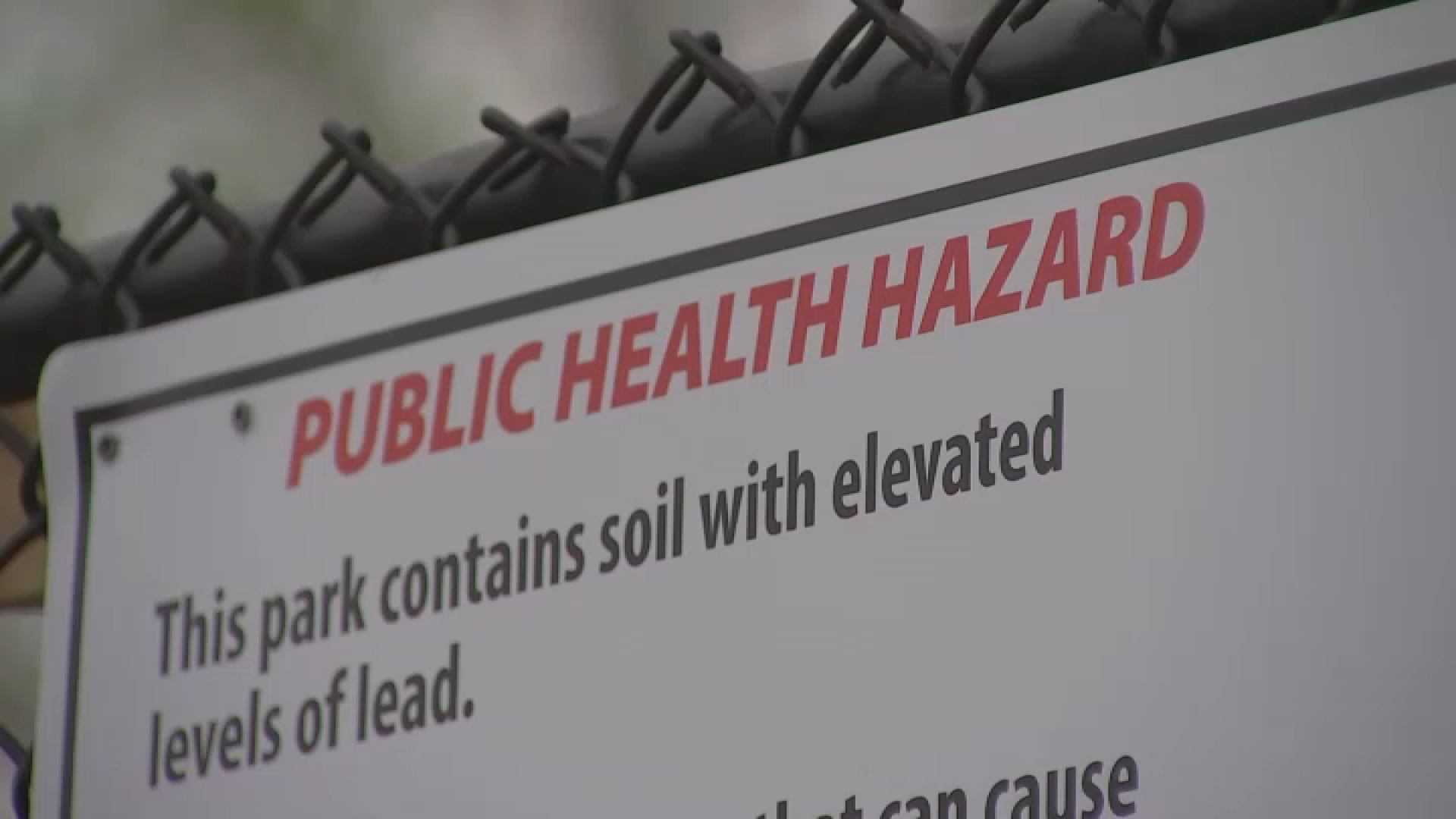
After decades of persistent poverty rates in Philadelphia, city leaders are initiating a multi-pronged approach aimed at tipping the scales toward a more equitable future.
This includes a shared vision with the Chamber of Commerce, which has typically been seen as a "pro-business" community comprising, -- and protecting -- high earners, City Council President Darrell Clarke told NBC10.
"Sometimes the stars align," he said. "I think this is a golden opportunity."
On Thursday, the Chamber of Commerce of Greater Philadelphia launched the PHL Neighborhood Growth Project, which will "engage with community leaders, voters, and candidates in honest dialogue about the challenges facing the City of Philadelphia and advocate for an inclusive, pro-growth agenda as being key to needed solutions."
"We know that while some Philadelphia communities are flourishing, many are not - a fact that our high and growing poverty rate makes all too clear," said Chamber president and CEO Rob Wonderling. "A growing economy is the best way to generate the tax revenues needed to invest in our city and its people."
The PHL Neighborhood Growth Project will look at shortening Philadelphia's 10-year tax abatement program and using some of that revenue to establish a Neighborhood Renaissance Fund that would fund loans and grants for neighborhood commercial districts.
Local
Breaking news and the stories that matter to your neighborhood.
The Chamber of Commerce will also look at increasing education funding and job training programs, improving public safety through gun violence intervention, creating a permanent Office of the Inspector General to ensure transparency and accountability in City Hall, and reducing taxes and regulatory codes.
Much of this agenda mirrors legislation introduced last month by Clarke, Councilwoman Maria Quinoñes Sánchez and Councilwoman Jannie Blackwell. Their package of six bills is aimed at stabilizing the housing market for low-income residents and makes up part of City Council's overall strategy to narrow the wealth gap by preventing and reducing poverty in a rapidly changing city.
"If you don't have a quality, affordable place to live, the likelihood that you're going to stay out of poverty ... is unlikely," Clarke told NBC10 Thursday. "We have to make sure people have an affordable place to be."
The anti-poverty bills include:
- Mandating that developers set aside 33 percent of new units for affordable housing
- Reducing the city's tax on salaries, wages and businesses
- Incentivizing landlords to rent to low-income tenants by offering tax credits
- Creating housing protections for formerly incarcerated people
- Establishing a low-income defense fund for tenants fighting evictions
- Requiring landlords to report rental information for each rental unit in the city
Quinoñes Sánchez referred to the series of initiatives as a "toolbox" to help maintain the city's high home ownership while simultaneously leveling the housing market for potential new buyers and renters.
Quinoñes Sánchez represents the Seventh District, which has a 41.6 percent poverty rate, the highest in the city, according to a newly released report commissioned by, but independent of, the City Council.
"Philadelphia is still somewhat affordable," Quinoñes Sánchez said. "There is no reason why you need to leave your house."
Currently, more than 50 percent of local residents own their homes despite a 26 percent poverty rate across the city. That dynamic makes Philadelphia unique, the councilwoman added.
The report to the Council looked at "strategies to alleviate and prevent poverty in Philadelphia." It found that much of the city has not benefited from recent job growth and an expanded tax base. In fact, between 2000 and 2016, the number of affordable units fell by more than 20 percent.
Ninety percent of the city's U.S. Census tracts saw a net loss of these housing options, according the report.
The result is that more than half of renters spent more than one-third of their incomes on rent, which topped more expensive and higher earning cities like Los Angeles and Washington, D.C. Despite lower wages, Philadelphia renters spend almost as much of their total income as people in New York City, according to the report.
Of course, Philadelphia's high poverty rate is nothing new. The city has struggled to keep up with other cities since the 1970s, Clarke said. But with an increasingly "progressive City Council" and a business community on the same page, the time is right to make meaningful change, he added.



